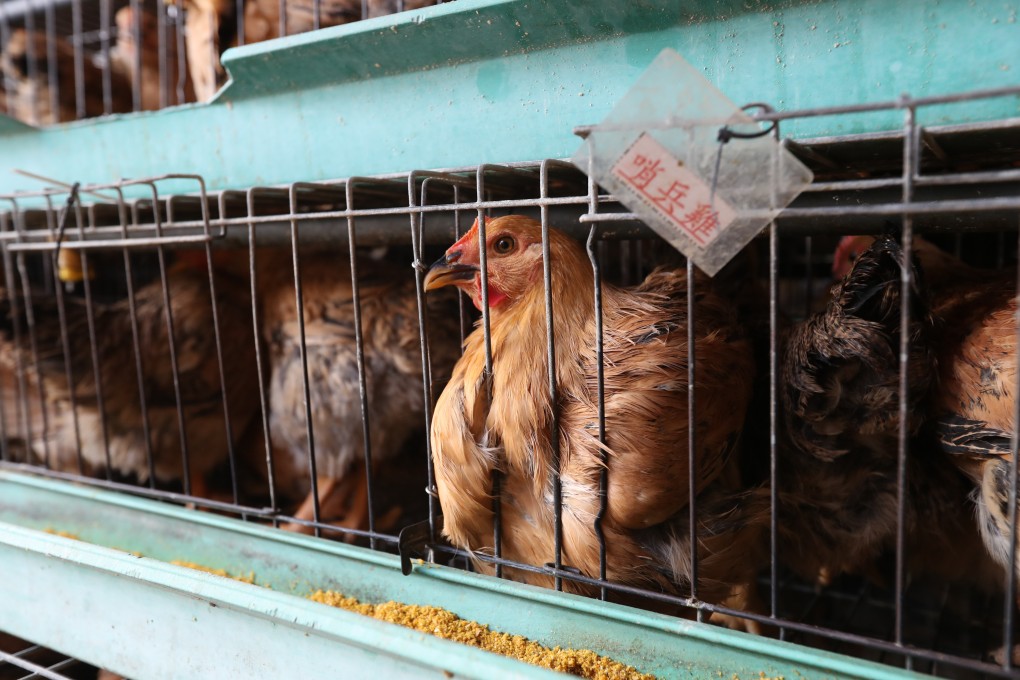Appeal for Hong Kong to screen for bird flu variant after Guangdong woman’s death linked to H3N8 strain
- Experts say H3N8 bird flu variant is rarely fatal, does not spread easily and there is no need for public alarm
- Concerns raised after woman, 56, who had serious health problems, dies after infection with H3N8 bird flu

Hong Kong should step up screening for a bird flu strain in poultry after the death of a woman was linked to the virus in neighbouring Guangdong province, city experts have said.
But they highlighted on Thursday that the public should not be alarmed as the H3N8 variant of bird flu did not spread easily among humans and, even if infected, the disease was not fatal in most people.
Professor Leo Poon Lit-man, of the University of Hong Kong’s school of public health, said H3N8 was common in poultry, but did not have a high fatality rate among birds either.
“We could do a risk assessment to conduct a surveillance on whether there is H3N8 in Hong Kong. I think this is necessary,” Poon said, adding that it could be done through a one-off screening among Hong Kong birds.
“If more people in mainland China are infected with H3N8, we might need to consider whether regular testing is needed.”

Concerns were raised after the World Health Organization (WHO) on Tuesday reported that a 56-year-old woman from Guangdong infected with the virus, who had multiple health problems, had died on March 16.